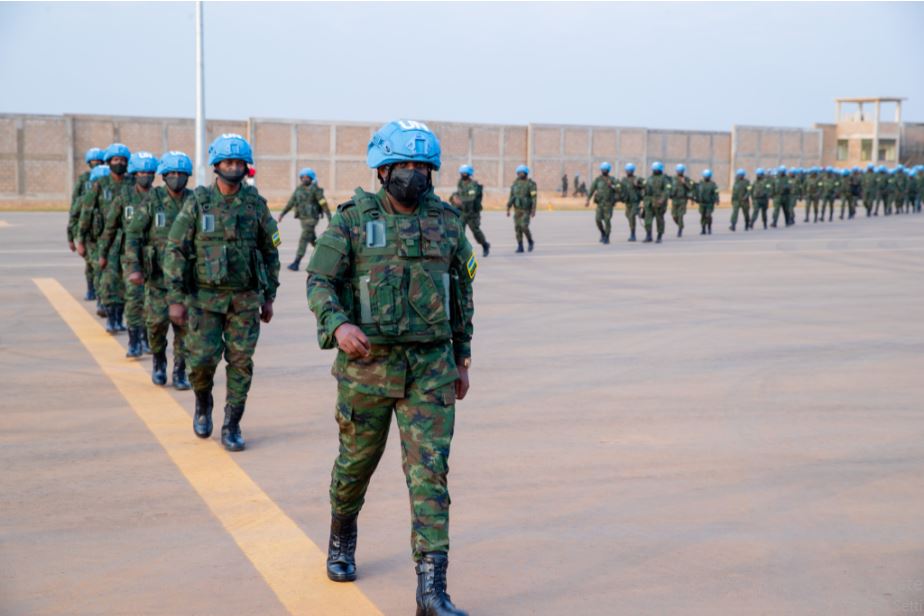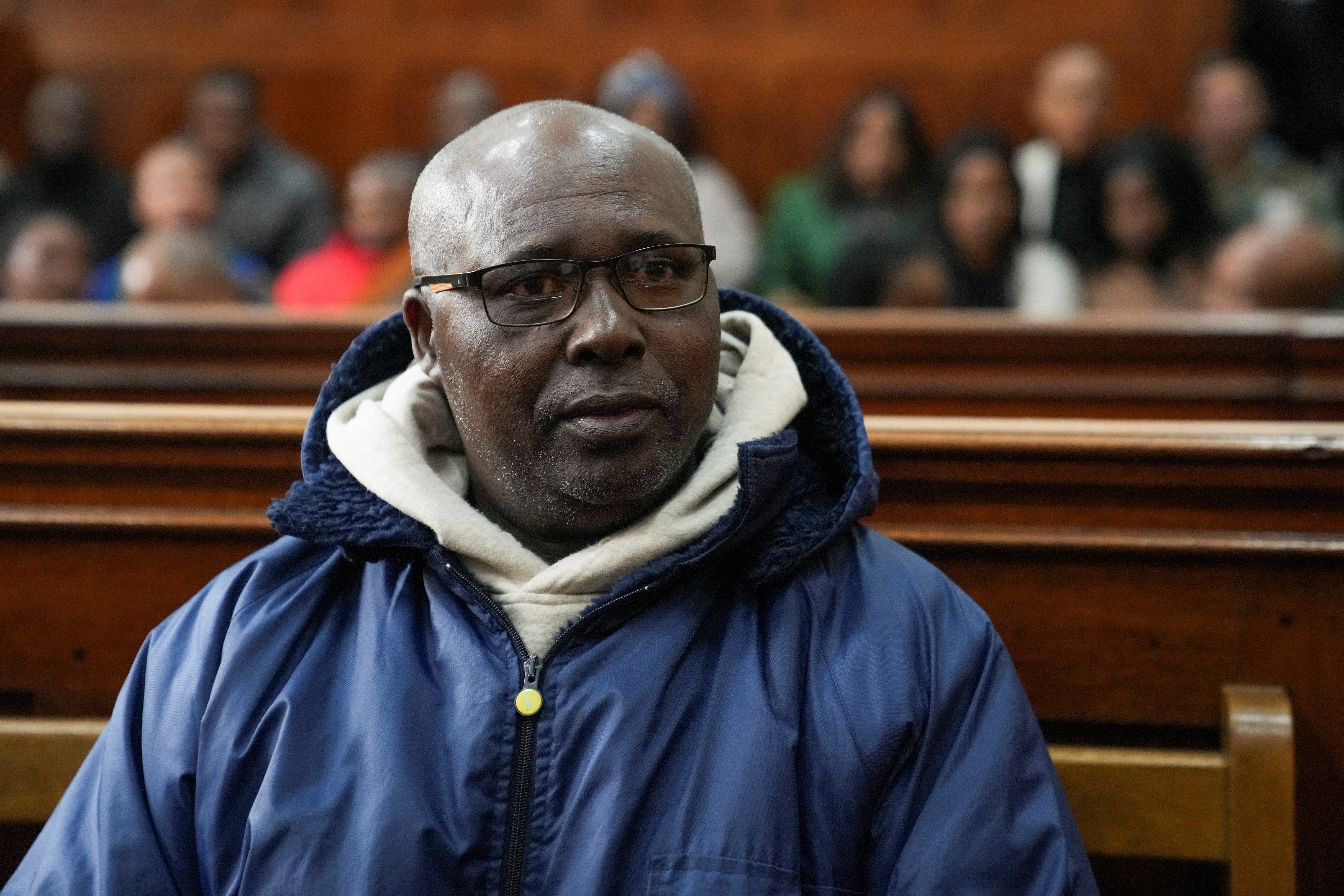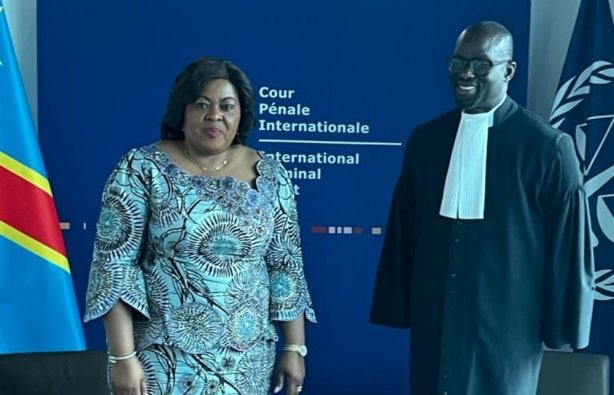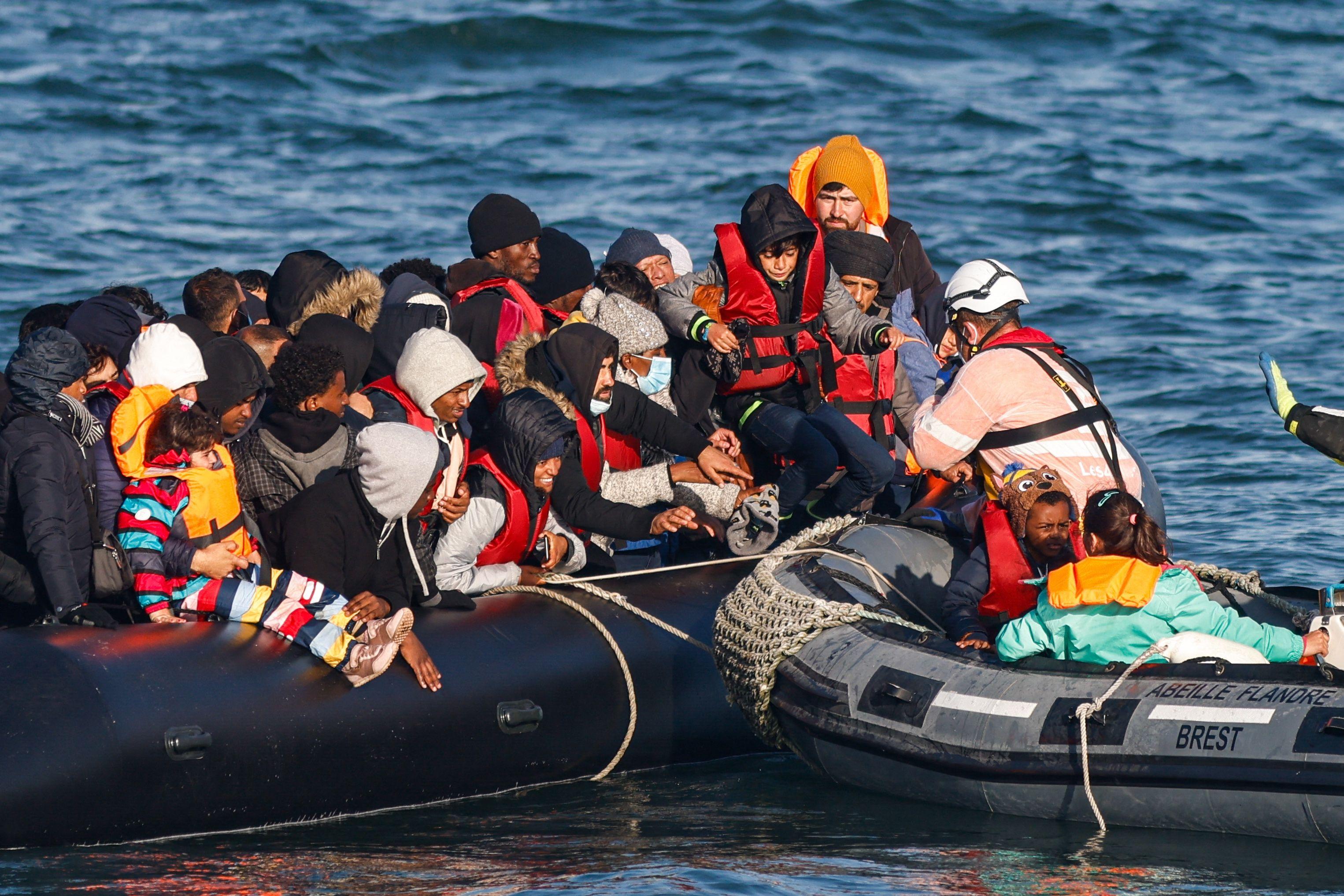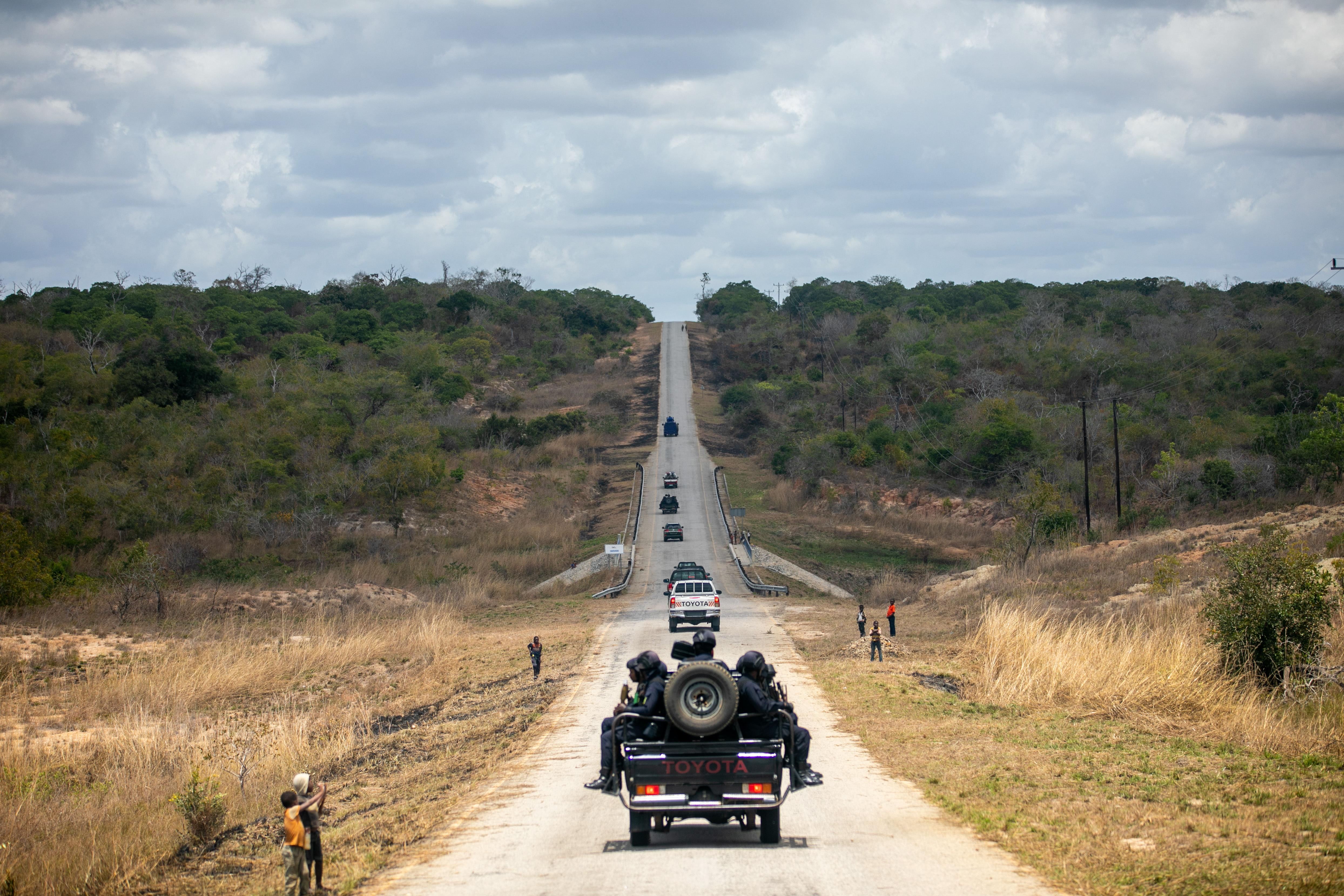International
Anything less than Kabuga's conviction will be betrayal of genocide victims, survivors

After
nearly three decades of dereliction of the UN International Criminal Tribunal
for Rwanda and its successor, the International Residual Mechanism for Criminal
Tribunals, also referred to as the IRMCT or the Mechanism, there appears to be
no limit to the failure of this judicial framework to hold accountable masterminds
of the 1994 genocide against the Tutsi in Rwanda.
The
latest development in the case of genocide suspect Felicien Kabuga exemplifies
the pressing problems it faces.
Following
the 1994 genocide against the Tutsi in Rwanda, the UN Security Council established the International Criminal Tribunal for
Rwanda (ICTR) on November 8, 1994 with the mandate to prosecute high-ranking
individuals believed to be most responsible for the 1994 genocide.
The
ICTR began its work in early 1995, in Arusha, more than a 1,000 kilometers from
where the crimes were committed. Until the ICTR was officially closed, more
than 20 years later, in December 2016, and having spent a budget of $2 billion,
it only indicted 93 individuals, resulting in 62 convictions.
In
contrast, in a period of 10 years, over 1.9 million genocide-related cases were handled by Rwanda’s
traditional Gacaca courts system, between 2002 and 2012.
Overall,
these ICTR milestones are not satisfactory to Rwanda as a society,
especially as the proceedings were distant from the Rwandan population. The
ICTR did not serve the purpose of the Rwandans’ quest for justice and
reconciliation, and many people do not even know that these trials ever
happened. The ICTR failed in its duty to dispense justice. It was a big
failure.
Initially,
the ICTR’s (and the IRMCT as its successor) inability to function was largely
due to a flaw in its rules requiring the accused's physical presence to
commence the trial. The ICTR statute stipulated that the accused must be tried
in his or her presence and that the Prosecution must read the indictment to the
accused, thus mandating the accused physical presence.
With
key fugitives such as Kabuga on the run, the ICTR was unable to achieve its
stated goals, and victims and survivors of the 1994 genocide against the Tutsi were
denied justice for decades.
Even
after the closure of the ICTR, there was still hope that there would be ways to
hold the remaining genocide fugitives to account.
However,
with the latest ruling of Kabuga’s unfitness for trial, one thing is clear:
even after the ICTR handed over its work which was overall a failure to the
IRMCT, the U.N. court has still not learnt to have genocide victims and
survivors as well as the Rwandan society as top priority.
Kabuga
case and an ‘alternative finding procedure’
Following
the ruling that Kabuga is unfit for trial due to severe dementia, the UN court,
which has procrastinated since he was indicted on genocide charges more than 25
years ago and since he was arrested in Paris in 2020, informed of its plan to
continue the case through alternative proceedings in which the prosecutors will
bear the same burden of proof to show that Kabuga committed the genocide.
However,
because he is unable to participate, there will be no sentence if found guilty.
Despite
excluding the possibility of a conviction, the “alternative finding procedure”
that Kabuga case will go through is somewhat commendable; it is a pill that is
easier to swallow than terminating the case. Indeed, it is vital that at least
Kabuga’s dementia does not deny “formal means of redress to victims”.
As
it has been reported, it is understood that victims of crimes allegedly committed
by Kabuga will play an important role in the “alternative finding procedure”. The
victims will be given the opportunity to speak out in court and to give their
testimonies, and those testimonies and stories of survivors will be saved as a
part of the official record against Kabuga and will be preserved for posterity.
In
addition, one may concede that by conducting “alternative finding procedure” hearings,
a great amount of evidence will be exposed and this will be an opportunity to
enhance historical clarity around the planning and execution of the genocide
against the Tutsi, and dismantle the narratives of genocide deniers.
It
is a fact that the fight against genocide deniers cannot be successful in a
context of impunity, hence the prosecution of génocidaires still at large is a
prerequisite for everything.
Necessity of reform of UN court rules to
permit in absentia proceedings
The truth
that is going to come out of the “alternative finding procedure” alone is not
going to be enough to bring about justice to the victims of Kabuga; the
establishment of the guilt or innocence of Kabuga and convicting him would be
milestone that makes sense to the victims, and it does not lack the legal base.
Short
of a clear legal ground of imposing a sentence due to Kabuga’s “unfitness for
trial”, but given the seriousness of the crimes, the UN court should find a
framework to establish criminal responsibility and hand a verdict in an
exceptional manner based on the evidence, the same way international criminal
jurisdictions can render judgements after a hearing at which the accused was
not personally present, commonly known as “judgments in absentia.” And this may
be done while ensuring that the proceedings satisfy the rights of the defence
due to Kabuga.
Even
the international human rights standards provided in the International Covenant
on Civil and Political Rights (ICCPR) do not prohibit trials in absentia, but
make it clear that these kinds of trials are only allowed for under exceptional
circumstances.
The
IRMCT should therefore be able to process Kabuga and reach a judgment on his
guilt or innocence, just as it is done in absentia proceedings, and this "in
absentia like" proceeding would be nothing out of the ordinary. For
instance, the EU has legal instruments that recommend to apply a number of
minimum rules when a trial is held in absentia in order to guarantee the rights
of defence due to "everyone charged with a criminal offence".
Similarly,
it goes without saying that if genocide victims and survivors were top priority
of the UN, the legal conditions and types similar to “in absentia” proceedings could apply to Kabuga in
exceptional circumstances due to the seriousness of his crimes that strike at
the very core of humanity, and a trial – with no sentence - can be conducted
subsequent to the ruling finding him “unfit for trial.”
This
is the bare minimum that can be expected from the IRMCT if they truly care
about providing justice for genocide victims, and that is what the survivors
deserve.
Otherwise,
the thought that Kabuga might not be properly tried and convicted would cast
further doubt on the effectiveness of the mechanism
If
the IRMCT rules were amended to allow trials ‘in absentia’ of genocide suspects
and fugitives, there would also be no need to wait for the arrest of the six
suspects who are still on the run for their trials to start.
Lastly,
if the decision to conduct a so-called 'alternative finding procedure’ is not
reviewed and reversed, there shouldn't be any room for debate or hesitance
around the necessity at the very least to hold the proceedings in Rwanda.
The
reasons for locating the ICTR's seat outside Rwanda 28 years ago, such as
security, capacities, and facilities, are no longer valid.



